Earth
Sign up for our newsletter
We summarize the week's scientific breakthroughs every Thursday.
-
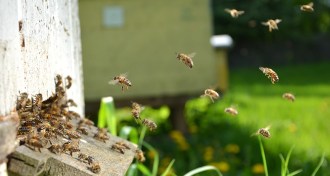 Astronomy
AstronomyWhat do plants and animals do during an eclipse?
A citizen science experiment will gather the biggest dataset to date of animal responses to a total eclipse.
-
 Astronomy
AstronomyWhy is this year’s solar eclipse such a big deal for scientists?
Total eclipses offer scientists a way to see all the way down to the sun’s surface.
-
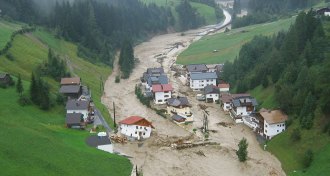 Climate
ClimateClimate change is shifting when Europe’s rivers flood
Data spanning 50 years shows that today, floods come days, weeks, even months earlier in some areas and later in others.
-
 Climate
ClimateSouth Asia could face deadly heat and humidity by the end of this century
If climate change is left unchecked, simulations show extreme heat waves in densely populated agricultural regions of India and Pakistan.
-
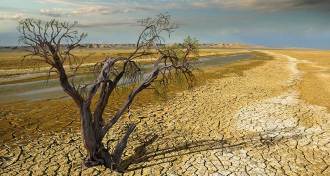 Science & Society
Science & SocietyDoes doom and gloom convince anyone about climate change?
New York magazine spurred conversation with a recent article on climate change. Will its apocalyptic approach have an impact?
-
 Earth
EarthExpert eavesdroppers occasionally catch a break
Acting Editor in Chief Elizabeth Quill discusses the many ways we watch, listen and learn about science.
-
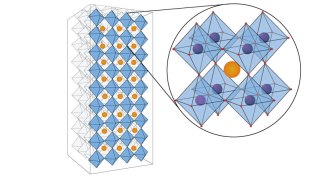 Materials Science
Materials SciencePerovskites power up the solar industry
Perovskites are the latest hot materials in solar energy production.
-
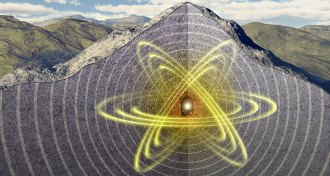 Earth
EarthHow earthquake scientists eavesdrop on North Korea’s nuclear blasts
Researchers monitor the power and location of underground nuclear weapons testing by North Korea.
-
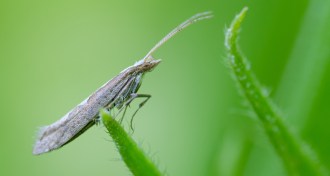 Agriculture
AgricultureGM moth trial gets a green light from USDA
GM diamondback moths will take wing in a New York field trial.
-
 Climate
ClimateRising temperatures may mean fewer passengers on airplane flights
Global warming could force airplanes to carry a lighter load — and fewer passengers —on each flight.
-
 Climate
ClimateRising temps may mean fewer passengers on airplane flights
Global warming could force airplanes to carry a lighter load — and fewer passengers —on each flight.
-
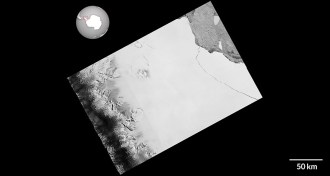 Earth
EarthDelaware-sized iceberg breaks off Antarctic ice shelf
An iceberg about the size of Delaware splintered from the Larsen C ice shelf in one of the largest calving events ever recorded.